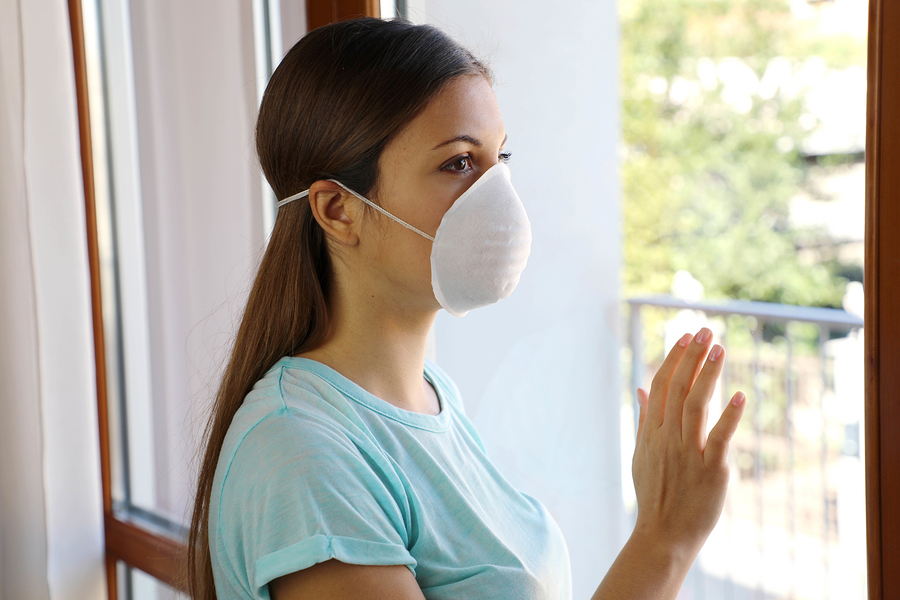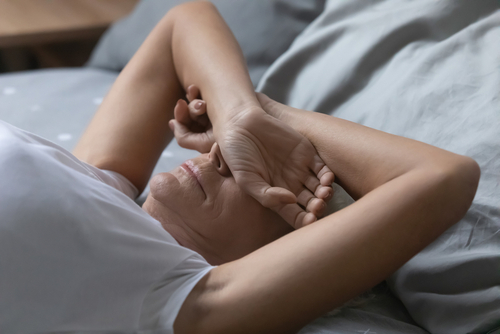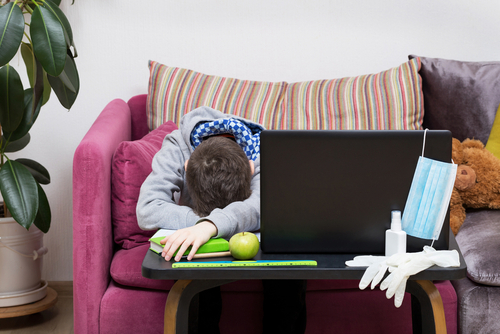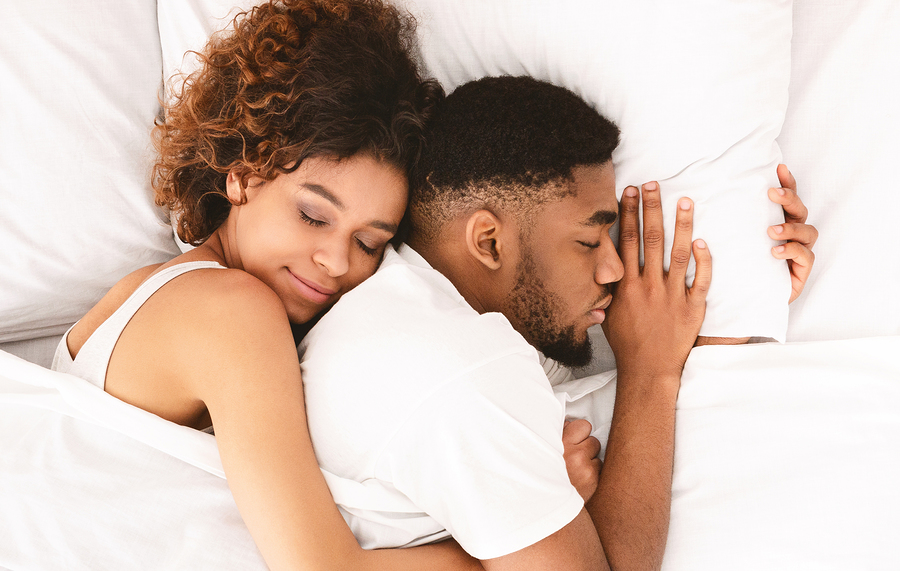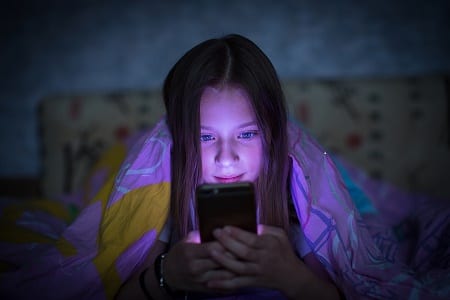One thing’s for certain – it’s stressful dealing with the Corona Virus outbreak. For some this means worrying into the night about health risks and decreased income. This impacts both the quality and quantity of sleep.
The problem is that a good night’s sleep is one of the things we need to help us manage our emotions and cope with the stress of the pandemic. In addition, proper sleep helps us build a healthy immune system, which will help us fight off the Corona Virus should we catch it.
That’s not to say that everyone is sleeping less since the lock-down. For some families, without the pressure of work deadlines, and the early morning commutes and school runs there is more time for sleep. In fact they are having a better night’s rest.
For most of us however, dealing with impact of Corona on a daily basis is stressful, with the uncertainty of how and when it ends creating even more anxiety. When this stress affects the quality of our sleep, we then become less able to deal with ‘Covid Stress’ the next day. This then affects that night’s sleep and so on, creating a vicious circle of lost sleep and increased inability to cope with the Corona.
How to get a better night’s sleep during the Corona Outbreak
Here’s ten top tips to help you deal with this most difficult of times;
1) Keep to a good Corona Hygiene
This includes two simple steps which we are now all familiar with. The first is to wash your hands for at least 20 seconds when you have touched things outside. The second is to not touch your face and eyes until you have done this. Being vigilant with these steps will help you reduce your anxiety over whether you could catch the virus.
2) Stay with good Sleep Habits
The key to a good night’s sleep is to keep to a routine. This involves switching off tech early. You could then wind down with a shower or bath perhaps. Reading a book before bed or doing relaxation or meditation exercises will also help you switch off. If you can’t manage to keep to a solid routine however, always make sure you stop using tech (including mobile phones) at least an hour before. Use of technology just before bed overstimulates us and makes it hard to switch off. It also emits blue light, which is the light which wakes us up.
3) Use a ‘to do list’ to reduce stress
One of the main issues with the lockdown is that it has destroyed our normal routines. This then reduces our sense of stability and affects our ability to focus. Having a ‘to do list’ however, will give your day some sense of structure and certainty. It helps reduce anxiety, which in turn makes you feel safer during the outbreak. It can also improve your sense of accomplishment with a tally of jobs done at the end of the day. The first aim of your ‘to do list’ is to dump all your worries onto paper. Here the focus is to separate urgent from none urgent tasks and to create an order of priority. The second aim is to create a healthy balanced schedule for the next day ( or week) of work, rest, play and (online/phone) socialising. If you are working from home, always try to get up as normal. Get dressed ( don’t stay in PJs later than you would do) and get going. Make time in your list to stay connected to friends and family through social media, phone or facetime. Always make sure you have something fun in your daily ‘to do list’ to lift the mood and help stop you going stir crazy.
4) Try Meditation and Relaxation Techniques
Meditation and relaxation techniques are great for decreasing late evening anxiety. Even simple slow breathing, exhaling for longer than you inhale can help. One of my favourite routines is called the 4-7-8 technique. Here you inhale for 4 seconds, hold your breath for 7 seconds and then breath out for 8 seconds. This can be repeated ten times. Meditations such as imagining picking up shells whilst walking down your favourite beach are also great ways of getting out of you head and into your body.
5) Avoid ‘over-napping’
If you are working from home, chilling out on the couch or sofa during the day is very appealing. However, avoid over napping during your breaks. It is ok to catch up occasionally but not every day, as it can affect your ability to get a proper night’s sleep at night.
6) Use a gratitude list to stay positive
This will help to reduce stressful thinking, encourages positive thoughts and positive dreams. Try to write down ten things each morning that you are grateful for.
7) Exercise
Exercise both burns of stress and helps us get to sleep more easily. Getting outside in the early morning sun is the best time. The sun’s brightness helps to strengthen our body clock. Avoid exercising just before bed however, as the increased body temperature can prevent you falling asleep.
8) Avoid using alcohol to cope with the stress
Alcohol is a sedative, disrupts your sleep quality and reduces your immune system.
9) Don’t binge watch the news
Always treat news like caffeine. Keep it in moderation and don’t consume it just before bedtime. Also only watch and listen to news on recognised sites and channels. This avoids the more ‘extreme fake news reports’. The World Health Organisation (WHO) website https://www.who.int/emergencies/diseases/novel-coronavirus-2019 is regarded as the key source of definitive guidelines and information.
10) Get in touch with your GP
If you think you have the Corona Virus any health problems get in touch with your GP rather than let the anxiety build. If you are diagnosed with Corona it’s best to sleep sitting up to help with drainage. The NHS website is a great source of tips https://www.nhs.uk/conditions/coronavirus-covid-19/.


